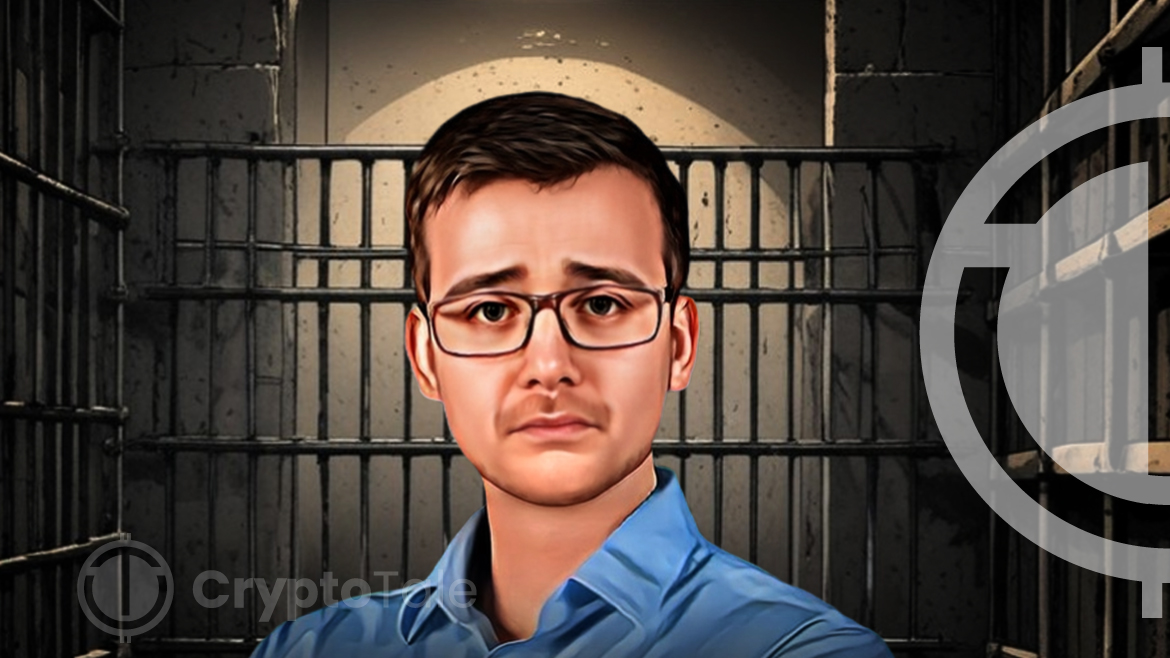- Alexey Pertsev, the creator of Tornado Cash, was sentenced to a 64-month prison for money laundering.
- The US Treasury asserted that the infamous North Korean hacking squad Lazarus relied heavily on Tornado Cash as a weapon.
- Dutch prosecutors argue that Pertsev’s case concerns his choices to aid criminals, not a privacy or open-source issue.
Alexey Pertsev, the developer of Tornado Cash, has been found guilty of laundering $1.2 billion in criminal payments using the sanctioned cryptocurrency mixer. A Dutch court convicted the 31-year-old Russian resident of the Netherlands of 64 months in prison. His lawyers have 14 days to file an appeal of the ruling.
In 2020, Tornado Cash, a financial privacy tool, faced crypto scam and theft concerns. Creator Alexey Pertsev urged victims to share similar cases, but cofounder Roman Semenov stated the service’s unique Ethereum blockchain design prevented assistance.
Dutch prosecutors examining his actions did not focus on the main services provided by Pertsev’s organization but on his growing affiliation with cryptocurrency-related crimes. Their inquiry has included several transactions, including those employing decentralized protocols like Harmony and Nomad Bridge and those connected to the Ronin Bridge.
After the US government placed Tornado Cash on a blacklist, the developer was first imprisoned in the Netherlands in August 2022. According to the Treasury, the North Korean cyber outfit Lazarus used Tornado Cash as a vital tool.
According to Dutch prosecutors and FIOD, Pertsev’s case is not about open source code liability but rather about Pertsev’s deliberate choices that made huge theft possible. They contend that Pertsev made decisions knowing that illicit funds were entering his system, arguing against the code and in favor of human conduct.
Roman Storm and Roman Semenov, the creators of Tornado Cash, are accused in the US of money laundering and violating sanctions. While Semenov has not been taken into custody, Storm’s trial is scheduled for September.
Judges in the Netherlands will decide on Pertsev’s money laundering case and consider his “out-of-our-hands” decentralization argument. Privacy advocates fear that the conclusion may limit services and change the nature of Bitcoin privacy.
The Big Whale’s co-founder, Raphaël Bloch, sent out a post recently expressing his concern that Pertsev’s conviction for money laundering is risky, given that he only created an open-source application.






